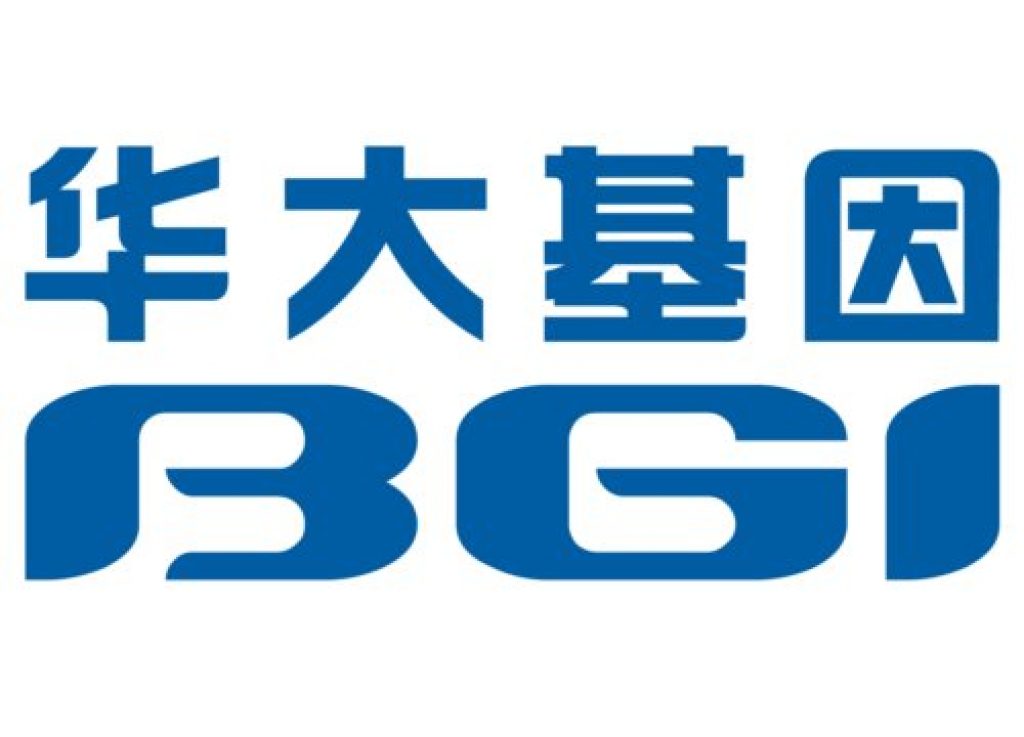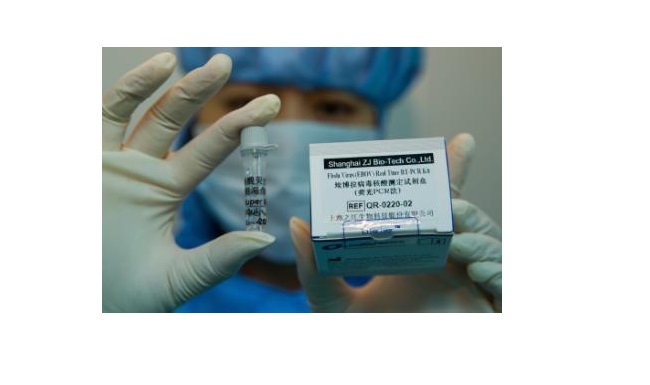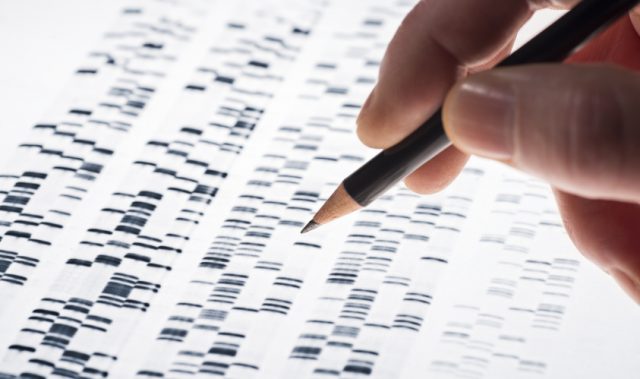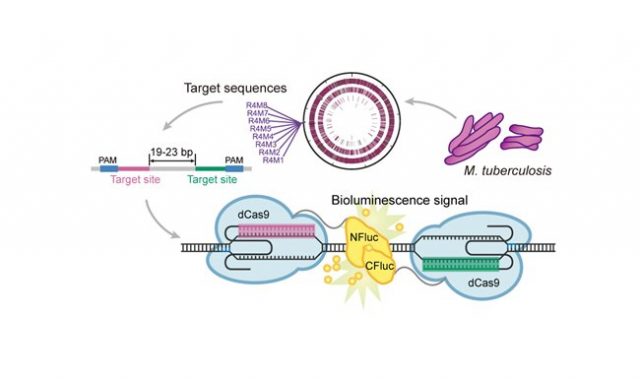
AsianScientist (Jul 16, 2014) – The Chinese Food and Drug Administration (CFDA) has approved BGI’s diagnostic kits for fetal chromosomal aneuploidy (Trisomy 21, Trisomy 18 and Trisomy 13) using the methods of semiconductor sequencing and joint probe anchor sequencing. These are the first next generation sequencing diagnostic products approved by CFDA.
These products can be applied for non-invasive prenatal testing and assisted diagnosis on fetal chromosomal aneuploidy diseases including Trisomy 21 (Down Syndrome), Trisomy 13 (Patau Syndrome), and Trisomy 18 (Edwards Syndrome), by sequencing cell-free fetal DNA in the maternal blood of high-risk pregnant women after 12 weeks of pregnancy.
On February 17, China Food and Drug Administration (CFDA) and National Health and Family Planning Commission announced the intention to regulate clinical genetic testing, banning all clinical genetic testing except for projects under the government. The approval of BGI’s non-invasive fetal trisomy test (NIFTY) comes as a relief to BGI and other diagnostics companies hoping to enter the Chinese market.
Along with the approval for the fetal chromosomal aneuploidy kits, the CFDA also approved BGI’s homegrown sequencing machines, the BGISEQ-1000 and BGISEQ-100 sequencers.
——
Source: BGI.
Disclaimer: This article does not necessarily reflect the views of AsianScientist or its staff.












